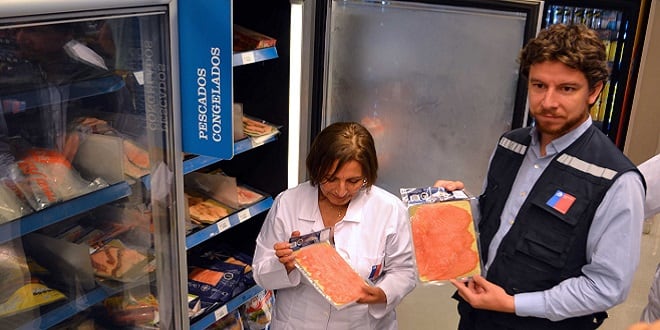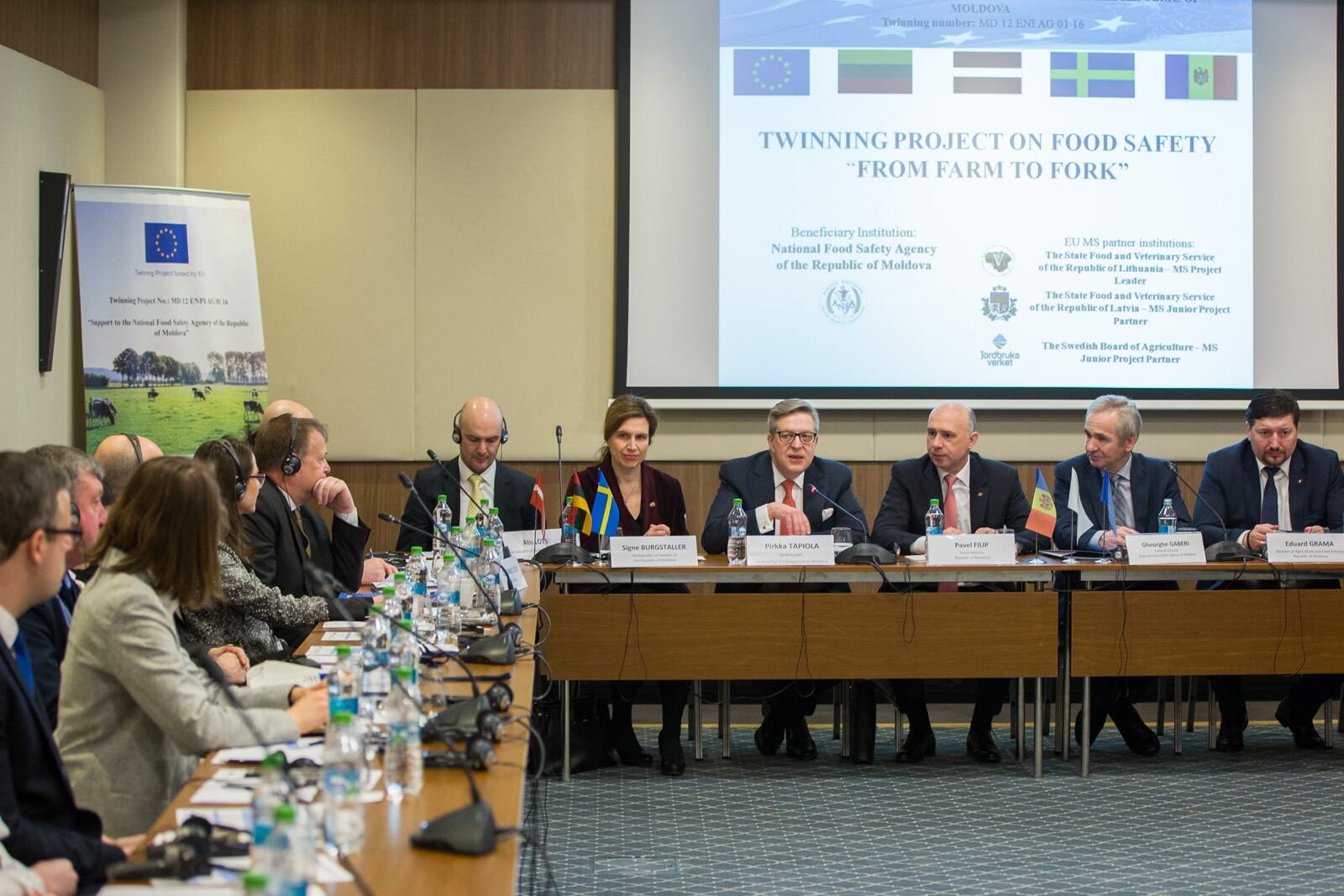The first of this series sees us look at Colombia, Chile, Moldova and Azerbaijan among others.
False social media information
The National Food and Drug Surveillance Institute in Colombia has stepped in following messages on mobile applications and social networks claiming certain food was contaminated with Salmonella.
El Instituto Nacional de Vigilancia de Medicamentos y Alimentos (Invima) said the messages should be ignored since they are false and only seek to ‘generate panic and misinform the community’.
The agency also requested to not disseminate such information and rely on the official agencies in charge of sanitary control.
The published false information includes milk powder, yogurt, cheese and other products branded as Cordillera and Alpina being contaminated with the pathogen.
Other messages claim rice or apples are contaminated with different chemicals.
Listeria in salmon warning

The Chilean Ministry of Health (MINSAL) has issued an alert about "Von Fach" salmon due to Listeria monocytogenes.
Listeriosis was found in salmon in vacuum bags of 200g with lot 074 and date November 2016.
MINSAL said salmon associated with this batch could be in freezers and suggested to discard it.
Von Fach said during two decades of operation it has never registered an episode of contamination.
The firm added it was doing internal analysis and with MINSAL to resume operations and regain the trust of customers.
They said the item which gave the positive Listeria analysis was sampled by Laboratorio de Análisis y Servicios Avanzados – Labser and was found to be negative.
Moldova food agency support
A project in Moldova is aiming to build a uniform system of food safety control and adjust the work of operators in the agri-food sector to European standards.
Funding is €2m and it will last two years, with support from the State Food and Veterinary Service of Lithuania, Food and Veterinary Service of Latvia and Swedish Board of Agriculture.

The government will be guided by the EU-Moldova Association Agreement.
A priority is reconstruction and international accreditation of the national network of laboratories - due to be completed by late 2017.
Pavel Filip, Prime Minister, said last year wine exports to the EU increased by 20% against 2015 and export of grain and grapes also rose.
Pirkka Tapiola, head of the EU delegation to Moldova, said Agenția Națională pentru Siguranța Alimentelor (ANSA) represented local producers and the institution reform would bring added value to the economy and promote local products on the international market.
“Statistics of export of local products to EU market shows an impressive development, but above statistics is their quality. Implementing food safety control management directly ensures public safety,” Tapiola added.
Hungarian authorities seized more than 450kg of unmarked or partially mouldy dairy products.
Nemzeti Élelmiszerlánc-biztonsági Hivatal (NEBIH) inspectors noted during the investigation hygiene issues with the room used to manufacture the products.
The Portuguese food safety authority has seized about two tons of cheese in Nisa with a value of €15,200.
Autoridade de Segurança Alimentar e Económica (ASAE) said it was part of actions to ensure compliance with the general requirements of food safety.
The Bulgarian Food Safety Agency has revealed testing of lollipops suspected of containing prohibited narcotic substances were negative.
The agency said it acted on information received.
However, with regard to disparities in terms of labeling the distributor will bring the products into accordance with legislation.
Finally, President Ilham Aliyev of Azerbaijan has established a food safety authority.
Ali Ahmadov, deputy prime minister, has been appointed the head of the agency.
The agency will start operating from 1 January 2018.
It will deal with hygienic certification of food products, protection of consumer rights and assess risks in the chain.
- Have we missed something important? Let our editor know joe.whitworth@wrbm.com
